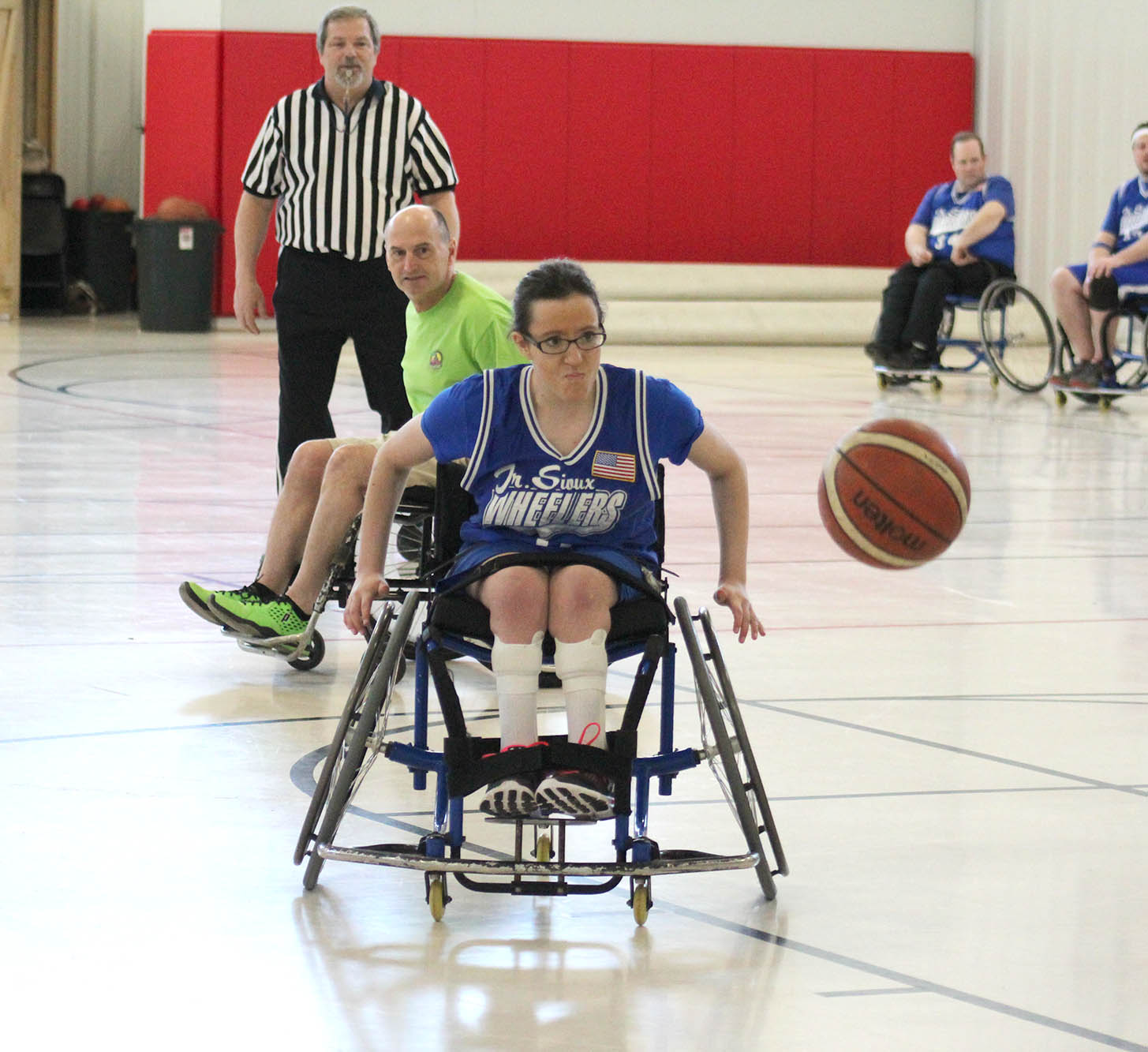 ,
, 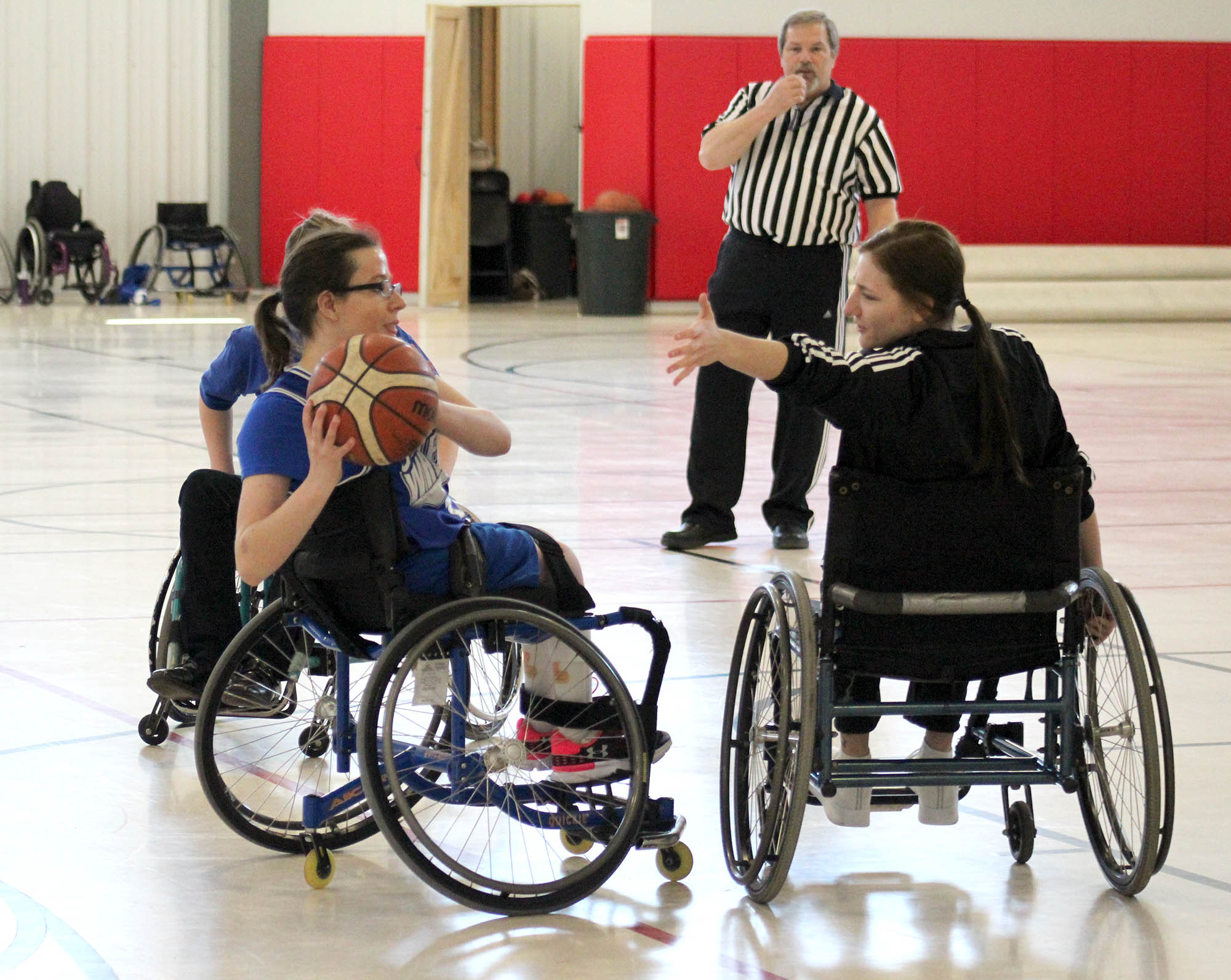 ,
, 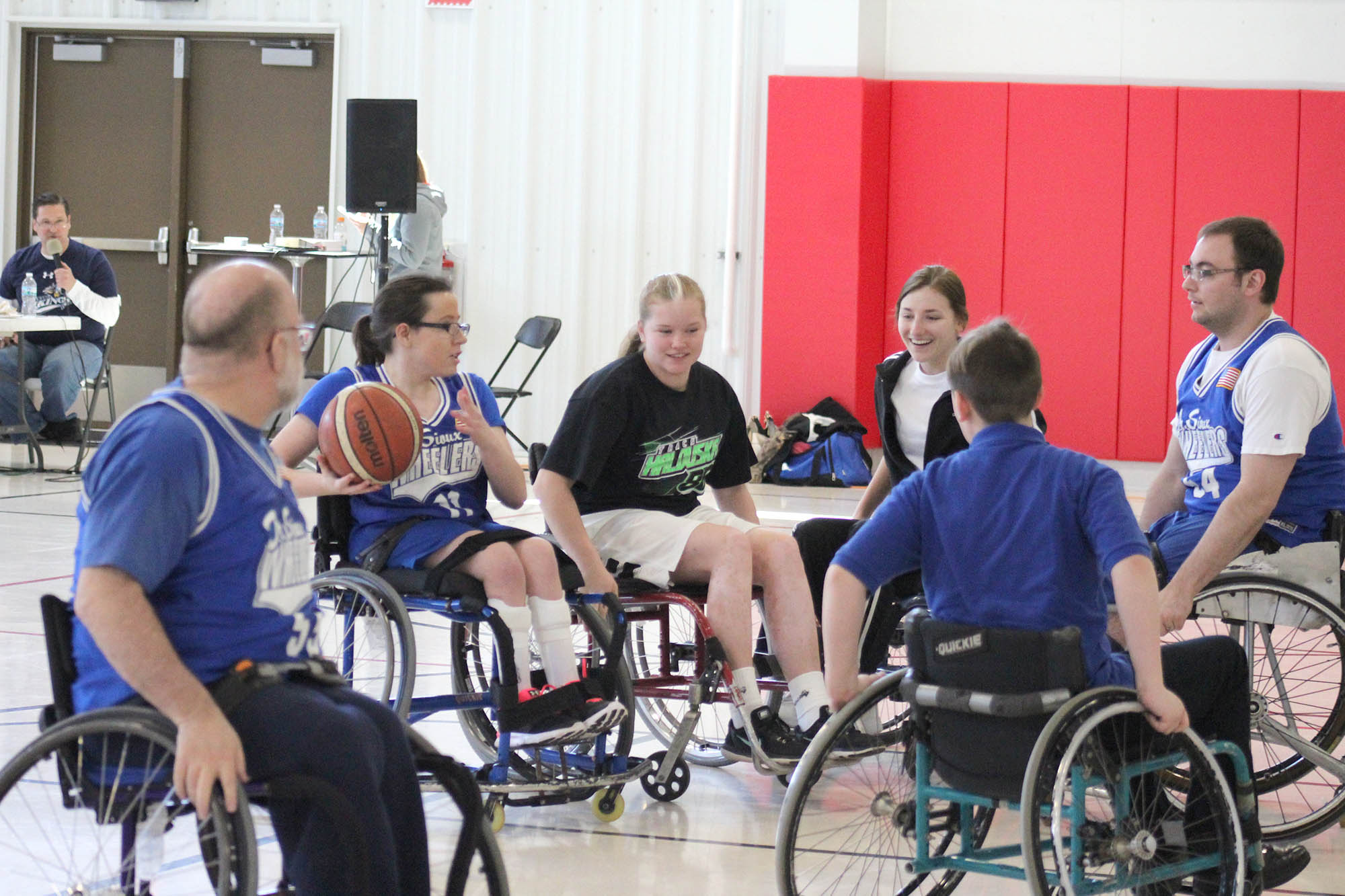 ,
, 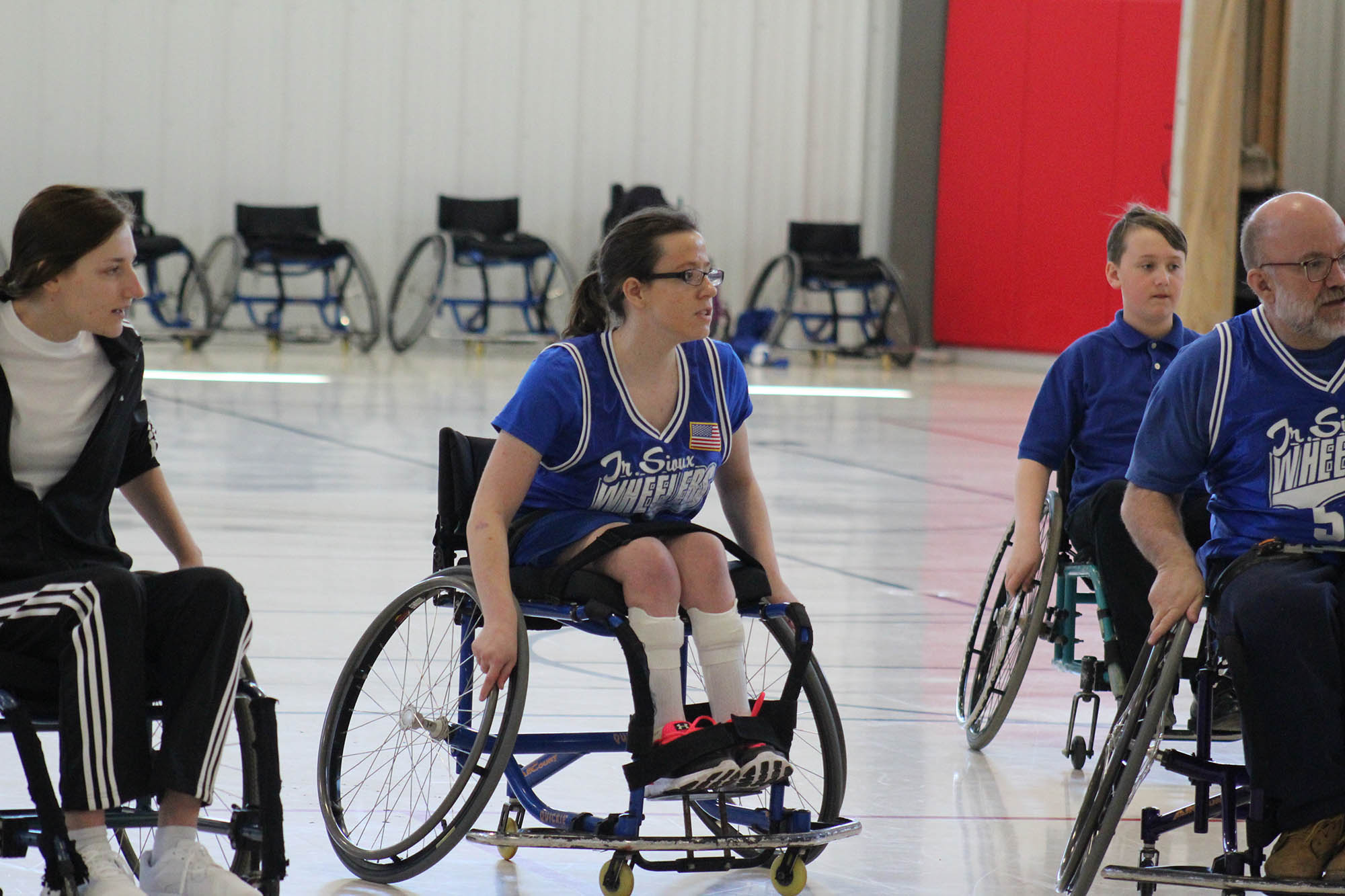 ,
, 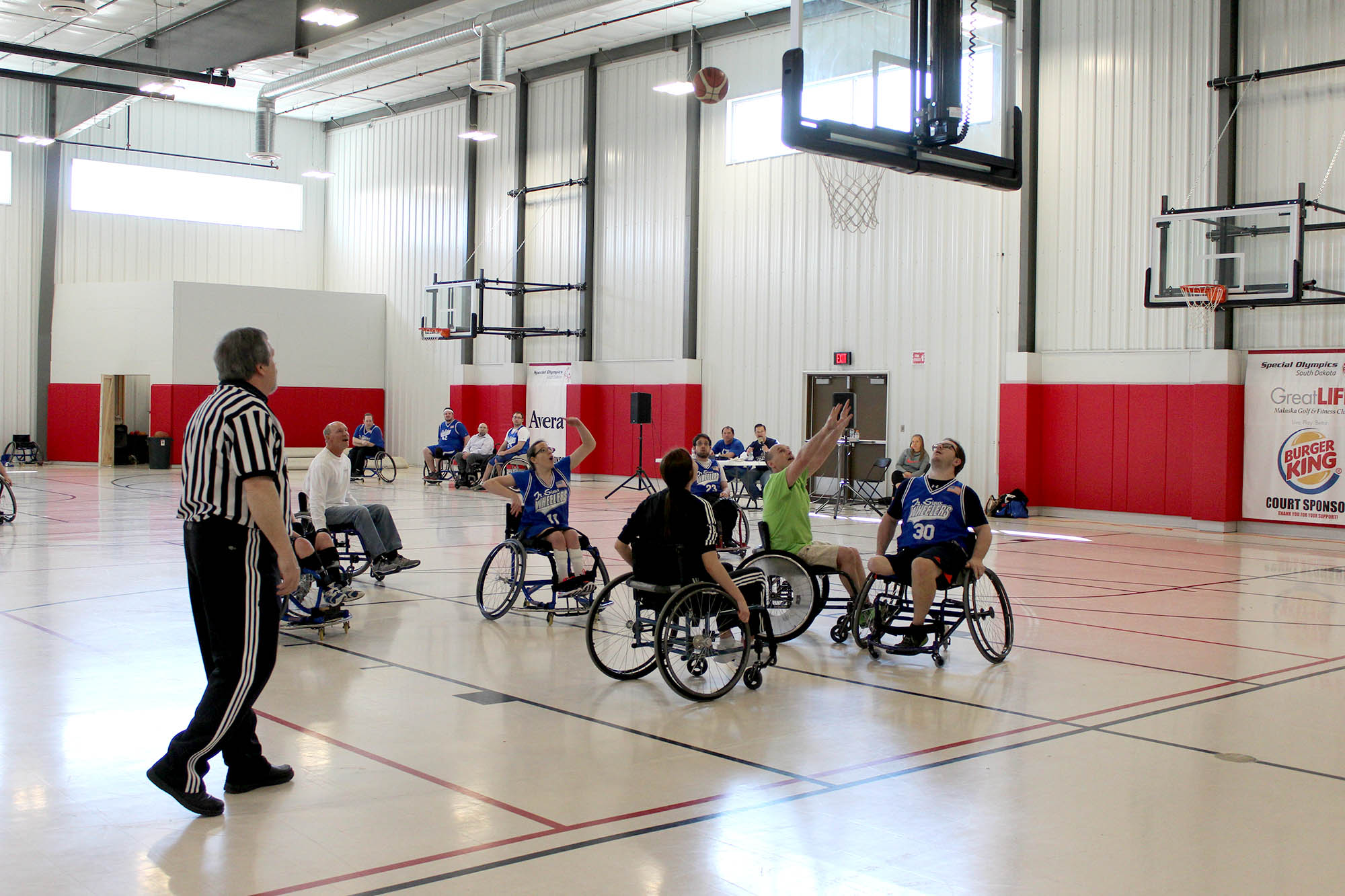 ,
, 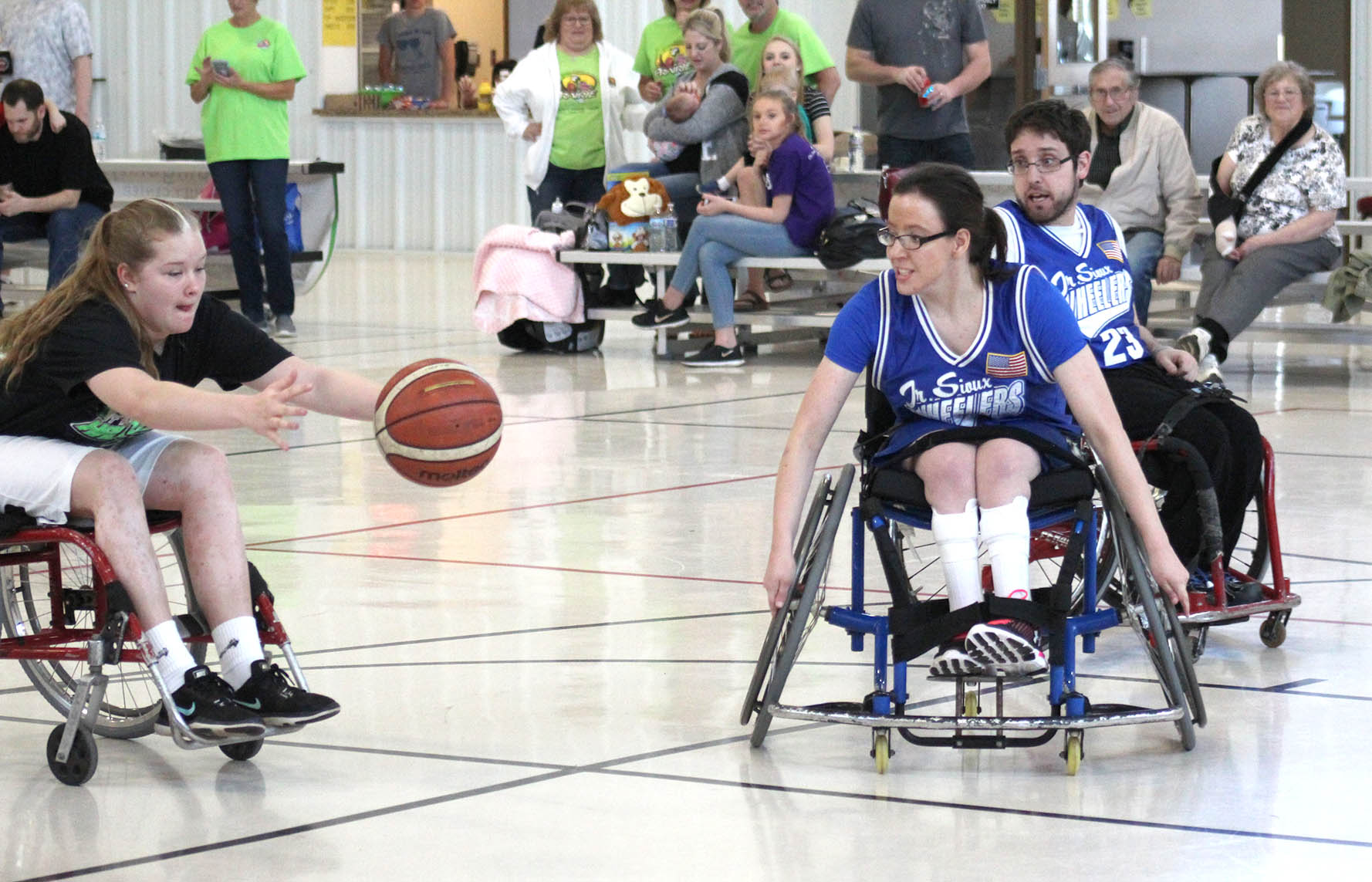 ,
, 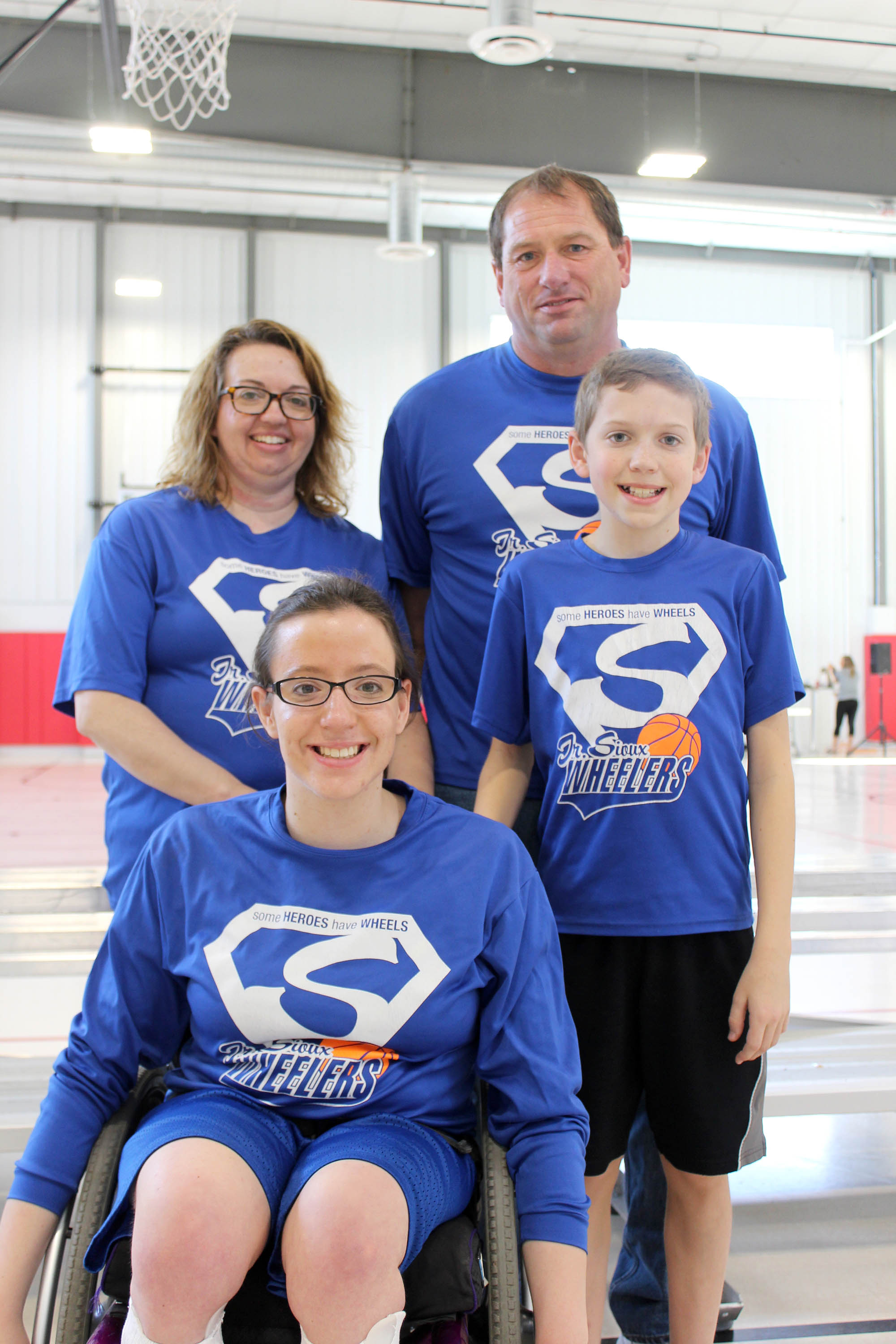 ,
, 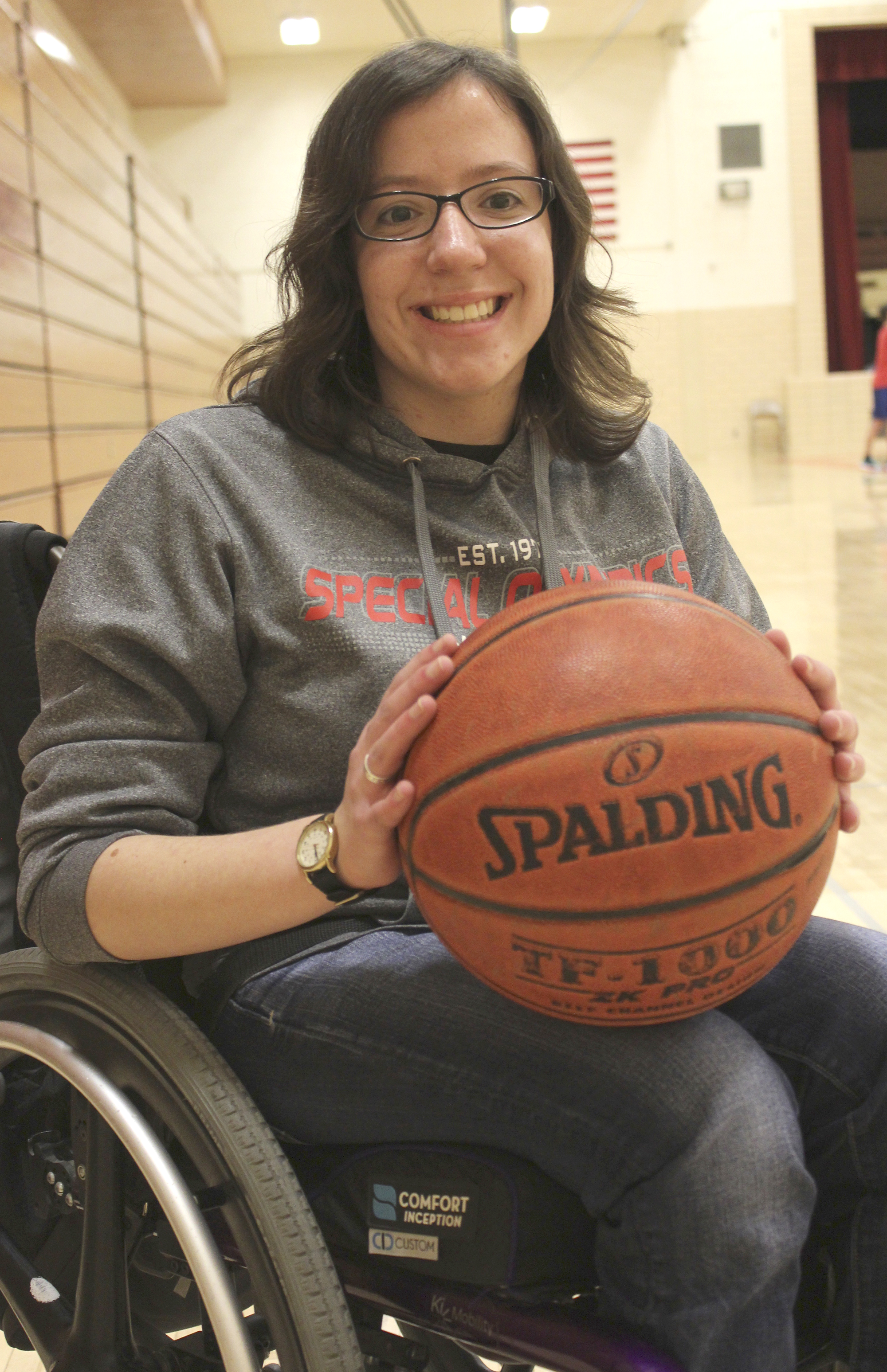
When Luverne High School senior Katie Fick rolls across the stage to receive her high school diploma Sunday afternoon, June 3, the paper document represents an end to childhood and the beginning of adult independence.
Much of Fick’s determination was fostered five years ago when she joined a wheelchair basketball team in Sioux Falls.
As a youngster, Fick didn’t consider herself different from the nine Fick cousins or her 86 schoolmates.
She would play in the dirt and participate in events like 4-H just like the others.
“I never let it bother me,” she said. “I just couldn’t do some things.”
Fick was born with myelomeningocele, a type of spina bifida.
Within hours of her birth, the first of two children of Tim and Maggie Fick underwent surgery to push her nerves back into the spinal canal. Often the nerves are damaged, and in Fick’s case the birth defect left her feet stiff from the ankles downward.
“The only thing I can’t move is my feet,” she said.
Confined to a wheelchair wasn’t a hindrance for Fick as she played with her cousins, often climbing out of the wheelchair to be on the ground with them.
By the time she entered the seventh grade, however, Fick’s inability to run left her feeling cautious and unsure of herself.
“I wouldn’t catch a ball because I was afraid it would hit me in the face,” Fick admitted.
Three years prior, her mom Maggie learned of the wheelchair basketball team. As a middle-schooler Kate asked if she could join.
“It’s just something I knew I could play,” Katie said.
Second thoughts gathered in Maggie’s mind when she witnessed her first wheelchair basketball game.
As she watched 10 players in specially designed wheelchairs race up and down a regulation-sized basketball court, the aggressive players reached and chased after the ball, often violently crashing their chairs into one another.
“What have I gotten her into,” Maggie remembered asking. “Have I lost my mind?”
The Jr. Sioux Wheelers, however, welcomed Fick with open arms.
Coach Travis Robinson remembered Fick’s first year on the team. She was one of the youngest members at age 14.
He said Fick would wheel herself up and down the court, staying away from the other players. When she’d shoot the ball at the basket, the ball would barely go above her shoulders.
In the months of practice, Fick learned to position her wheelchair under the basket to best retrieve the ball. Lifting weights strengthened her shoulders and upper body.
“Then everything just clicked,” Robinson said. “Now she is shooting threes.”
Maggie saw the change her daughter began to display as her confidence grew participating in the team sport.
“She was so excited to be playing a game — something she was able to do from a wheel chair and actually contribute to a team,” Maggie said.
Off the court, she noticed her fellow teammates living independently, holding down jobs and enjoying life despite being in a wheelchair.
This fall Fick will embark on a career path involving agribusiness through Southwest Minnesota State University in Marshall.
She will also be trying out for college’s wheelchair basketball team.
“It helps me relax … to focus on something other than school,” Fick said.
Living away from home for the first time has her parents nervous, but thanks to her involvement in basketball, the change is not as worrisome.
“She has some great role models,” Maggie said. “She is more of an advocate for herself. If she sees something that needs to be different, she will say something.”


